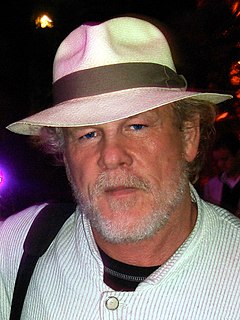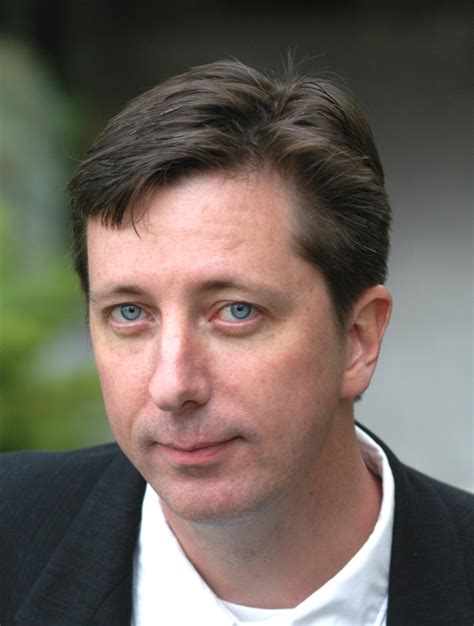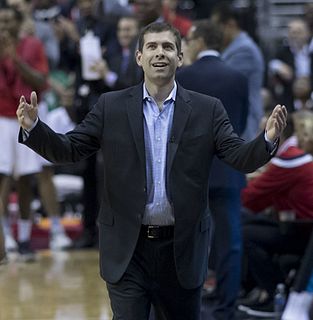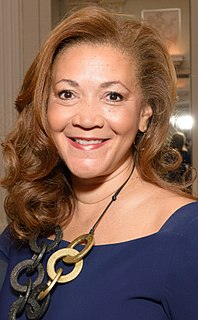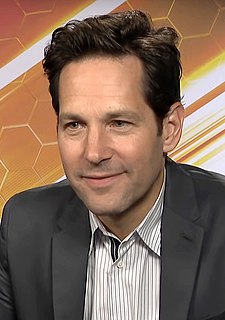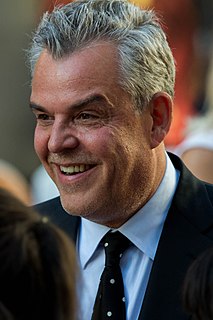A Quote by William Monahan
You just have to know what you want and what you're doing and it leads to a kind of general well-being, which I think you sensed when you were there.
Related Quotes
If I were retired I wouldn't know what to do because I'd have to think, well, now what is it I want to do? And what I want to do is what I'm doing. I enjoy coming up with new ideas, which if I'm lucky they might be good ideas. I enjoy seeing them take shape. And I'm having fun doing it. So I wouldn't know why I'd want to retire.
I call it "being interrupted by success." We had done The Soft Bulletin, which came out in 1999, and we knew we that were gonna make another record before too long. But in between this, we were still in this mode of kind of just - not re-creating what we could be, but kind of doing different things. For the longest time in the Flaming Lips we were like, "Make a record, go on tour. Come back, make another record," and you know, I think, frankly, we were kind of like, "There's more to life than just recording records and going on tour."
There's a right way and a wrong way to do things. If you make a chair, you want to make a nice chair. You want people to admire it. I think doing something well is a form of respect for humanity in general. I have found that all incompetence comes from not paying attention, which comes from people doing something that they don't want to do. And doing what you don't want to do means either you have no choice, or you don't think that the moments of your life are worth fighting for.
I really love doing nothing. I really love just being at home and taking a couple of days, you know, doing nothing. You know what I mean? Just getting up, being around the house, going outside the back yard, coming back in; I really like to do nothing because I travel a lot. There's a lot of travelling. There's a lot of on the phone all the time. There's a lot of looking at papers and reading things and so you don't want to read magazines and you don't want to do anything; you don't want to read books, you just want to just kind of shut down a little bit.
It's like being a stand-up comedian is what leads to being a talk-show host. That life is not cut out for a woman, being on the road at these disgusting hotels. What girls want to do that? Gross guys want to do that. I think that the dearth in female comics is just the nature of the business, but there certainly isn't a dearth anymore, so I think it's just silly.
There are five dangerous faults which may affect a general: recklessness, which leads to destruction; cowardice, which leads to capture; a hasty temper, which can be provoked by insults; a delicacy of honour, which is sensitive to shame; over-solicitude for his men, which exposes him to worry and trouble.
World War II vets in general didn't talk about their experiences. They believed there was something better and that they were going to prove to America what they could be and show America what it could be by being the change that they wanted. Like that Ghandi phrase "be the change that you want to see" but I think that it was also just a different culture. People didn't want to complain, whereas today if you go to the Starbucks and they mess up your order you might tweet about it. You know it's a different kind of culture.
I don't know if any of you feel this way, but it's like eventually, you see a woman come on screen and you go, "Oh, thank God!" You just sort of need a break from all this testosterone, which happened, I think, in one of my films, The Hurt Locker. I was in it for like five minutes, and people were like, "You were in that movie!" And I was like, "Well, kind of." And they were like, "No, you were!" 'Cause they needed a woman!
I try not to think of myself in any category, and I don't ever really try to imagine myself competing with another actor. I just know I want to do the things that I would want to see, and I know the things that turn me on, whether it's on the stage, or it's a play or a film. I just kind of want to keep doing my own thing.



